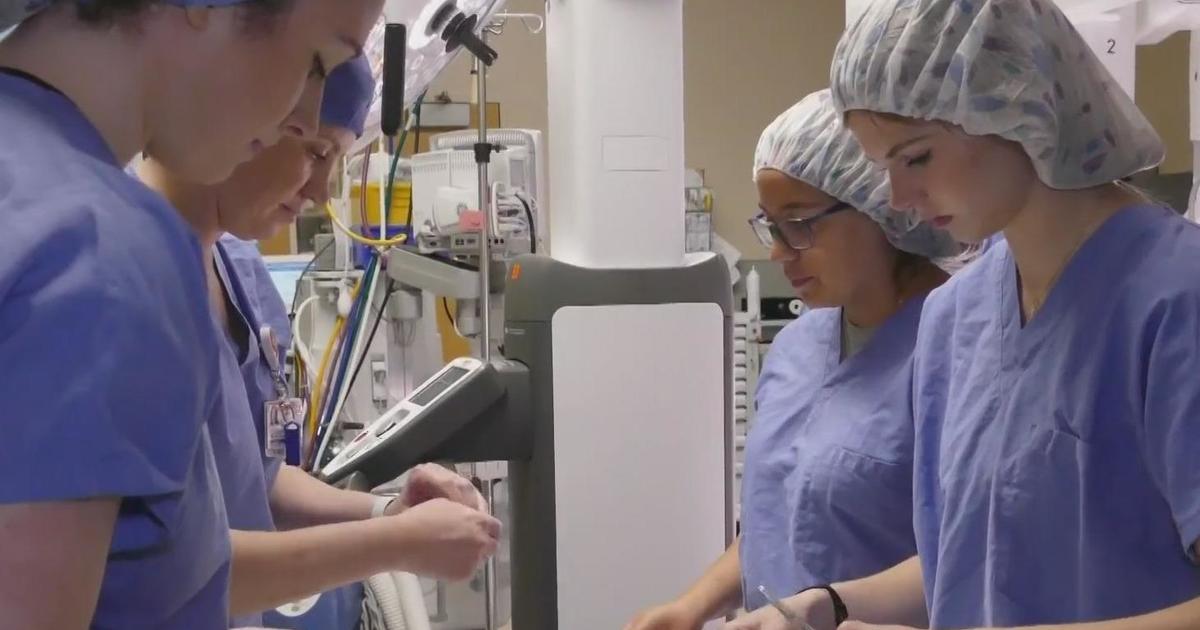Ask An Expert: Tips On Starting The College Search
President/CEO of EPIC Bible College
4330 Auburn Blvd.
Sacramento, CA 95841
(916) 348-4689
www.EPIC.edu
Dr. Harden, President and Chief Executive Officer of EPIC Bible College, was saved at the 1973 Billy Graham Crusade in Oakland while in his teens. In December of 1982, he joined EPIC as an instructor. Students and colleagues consider his style to be a mix of Pastor Jack Hayford and the comedian Robin Williams. His biblical teachings are anointed, and practical, bringing the men and women of the Bible to life for his listeners. His established goals for EPIC are to Educate People and Impact Culture, to give hope in all areas of life through God. EPIC students are able to earn AA, BA or an MA through classes online, on site or a combination of both. EPIC's future plans are to award the doctorate level degree, with continuing accreditors' approval.
Always begin with the search of colleges having the program you desire to study, whether it's math, science, leadership, Bible, history or any program/degree that you're looking for. Certainly, the power of the Internet is a good start, but you can also ask people you may know who are already practicing in the field you are thinking of for recommendations. In addition, personal references for people's alma mater are a good source.
Once you find some schools, colleges or universities that have the program/degree that you're looking for at either the AA, BA or graduate level, then begin to see if they have the program in the time frame that you need (meaning, "Can I get the classes at the right times to finish this program with my schedule"). You may want to check to see if classes are available mornings, afternoons, evenings and weekends, as well as on site, online or a combination of both.
If you have any previous college experience, be sure to compare the schools you may be looking at as to how generous they will be in transferring your previous college credits. This will take some time, but could potentially save you many semesters at a school willing to be generous and fair in their transfer policy. Many catalogs will contain this info, but you also may be able to glean it from conversations with the admissions or departments you will be working with. Please note, for more mature students re-entering college, classes from years ago, with proper official transcripts, should still be considered for potential transfer of credit. Remember, no matter how many units you may possess, there is always a minimum, usually no less than 25 percent, which the school must have you take in specific disciplines from their institution so the degree is considered valid.
Consider the costs for all areas: tuition, dormitories, textbooks and a possible myriad of student fees. If you're in a large metropolitan area, it is a good option for continuing to live at home or with current roommates and jobs so you can complete the first couple of years in general education and introductory classes before transferring to finish more advanced and specific degree-focused courses. You can compare many colleges based upon the schedule of classes and even the affordability of classes. Is the college qualified for different types of financial aid, and can it provide you a cost worksheet that will clearly spell out your financial commitment each semester to complete your degree? Make sure you pay close attention to not just the tuition costs, but also other fees that some schools have.
As you are working on the four previous tips and attempting to narrow down your choices to maybe six to 10 schools, see if it's possible to physically visit some of those schools by combining visits to those colleges close to one another. Many schools will have campus days that can give you a virtual tour with those who are physically on the campus. This will give you a good sense of the feel of the organization and you'll get to see how people treat you at the entry level from both the admissions department as well as the student services counseling department. While you're on campus, ask a few students what they think about the school and the area they are in. This should give you some unbiased opinions.



